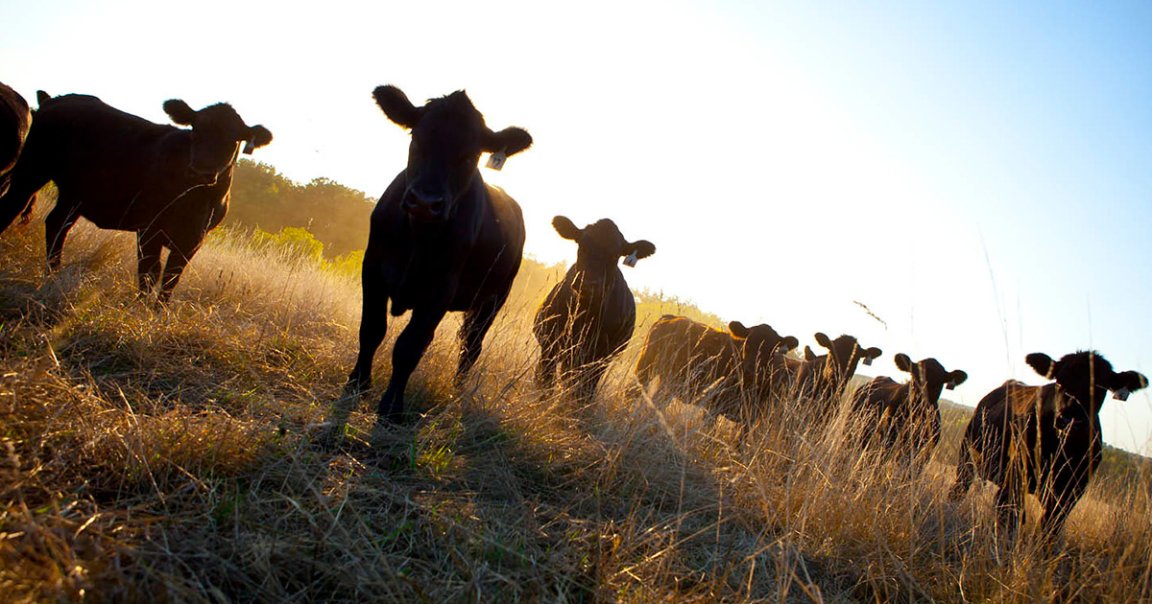
Feed Me, Seymour
When we think of geoengineering the environment to counteract global climate change, we typically conjure the image of massive projects like blocking out sunlight.
But a new report suggests that a biological approach to geoengineering — gene hacking the DNA of plants and animals to curb carbon emissions — could be a far more useful approach, according to Axios. In other words, the idea is that we need to alter the entire biosphere to make up for the damage humanity has done to the planet.
Carbon Sinks
The report, which was published this month by a science policy think tank called The Information Technology & Innovation Foundation, lays out three ways that we might gene-hack our way out of climate change.
One is gene-hacking cattle and other farm animals to cut down on, well, emissions. Aside from that, the report argues that gene-hacking crop plants to live longer would cut down on food waste, and that plants in general could be genetically altered to better absorb and sequester carbon out of the atmosphere.
Big Questions
It’s an ambitious proposal, and as Axios reports, it runs the risk of causing unintended downstream effects due to how little we still know about the long-term implications of gene-hacking technologies like CRISPR. For instance, scientists recently learned that trees that absorb more carbon dioxide also die sooner.
That said, it’s an idea worth exploring, as humanity is collectively running out of time to address our changing climate.
READ MORE: Gene editing plants and animals could help fight climate change [Axios]
More on geoengineering: Oxford Physicist: Geoengineering Away Climate Change Won’t Work